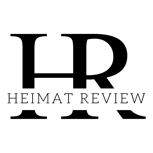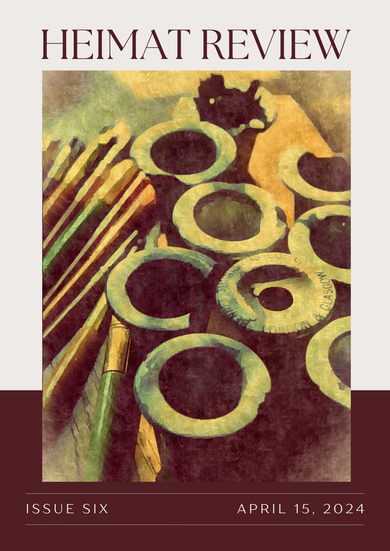Imbolc, 2024
By Joanna Grant
April 15, 2024
April 15, 2024
|
|
In the old country, the ancestors,
before they could write their own names or even make their shaky marks, they ate white bread and seeds for Imbolc, they tied bundles of straw into crosses, they fastened corn babies into tiny doll dresses, each miniature smock and frock a gift in kind, a kind of found poem, which is to say—a prayer. Here we are now, halfway to spring, to the star notched in the standing stone, partway to summer’s full waxing, its full shudder. Here in the new country, it’s warm enough this late January afternoon to ride with my car windows half down. The north Georgia sun strikes the fresh-cut oak and pine of the lumberyard-- the red clay breathing in its own way, exhaling the cool green of pine sap and seedling. Somewhere a new baby first hears the noise of its freshly inked name, dreaming wordlessly as yet of what it will with luck come one day to learn—to spell, to call warm, to call held, to call mine, to call home. |
|
Joanna Grant has lived and worked in Europe, the Middle East, and Asia for many years. She teaches college classes to deployed American soldiers deployed overseas. To date, she has taught in Japan, Kuwait, Afghanistan, Djibouti, South Korea, Jordan, Bahrain, and Qatar. Living “away” for so long has complicated her ideas of what home means, in optimistic as well as bittersweet ways. Her most recent poetry collection is Adrift from Alien Buddha Press.
|
Author's Note:
As I mention in my short bio, I teach college classes to deployed American soldiers. These include writing classes of all kinds, public speaking, and my favorite, Mythology. I’ve loved the Greek myths since I was little, and teaching this material to others hungry for these stories has deepened my knowledge of comparative traditions and given me a lot to work with in my own writing. It’s hard to read so much about archetypes and the Hero’s Journey and not have it seep into your imagination. So many of the most famous myths involve education, initiation, and transformation. It’s hard not to wonder how these themes play out in your own life and experiences. Additionally, I found myself rereading Neil Gaiman’s American Gods and watching the Netflix adaptation of his novel. One of my favorite aspects of both the novel and the series is the retelling of how different traditions/gods/goddesses found their way to America. Of course, I watched out for mine—the illiterate Irish servant girl transported for theft who made good. A lot of that recognition found its way into my “Imbolc, 2024” poem. Education is often painful, and that kind of initiation features in my poem “The Hanging Man,” which is a kind of gender-flipped reboot of one of the famous Norse myths involving Odin’s quest for knowledge.


